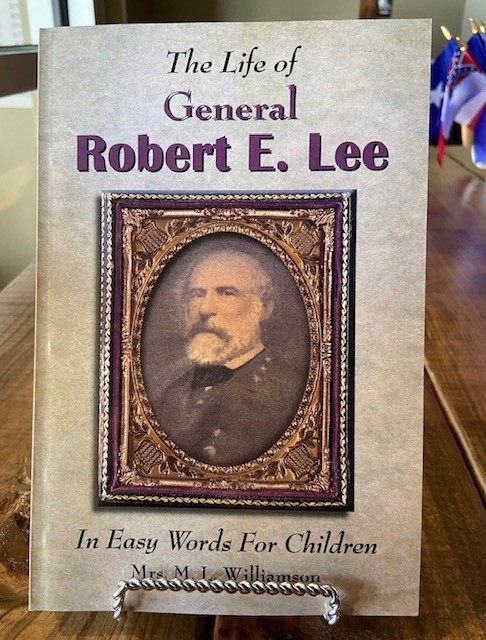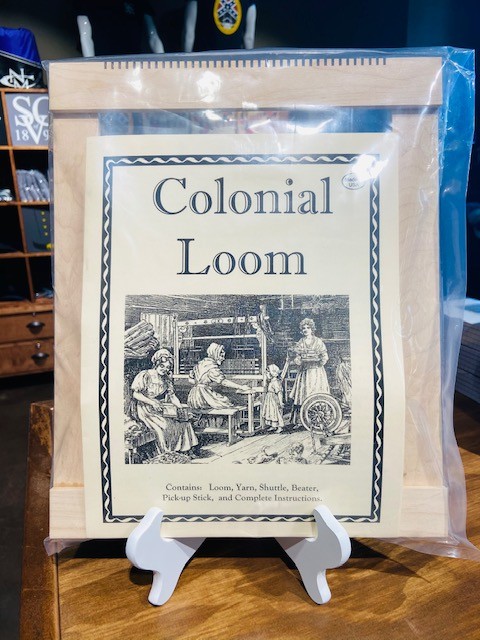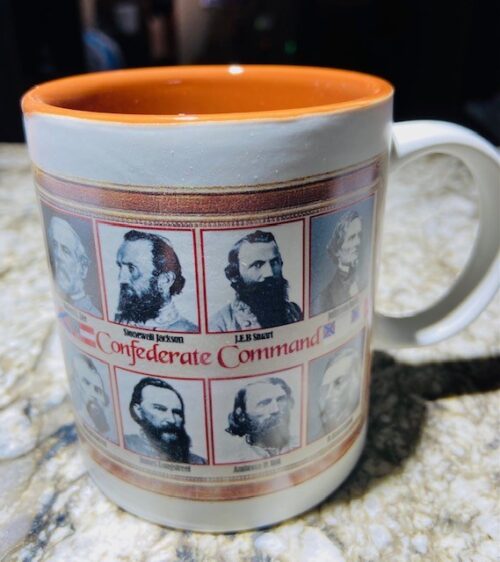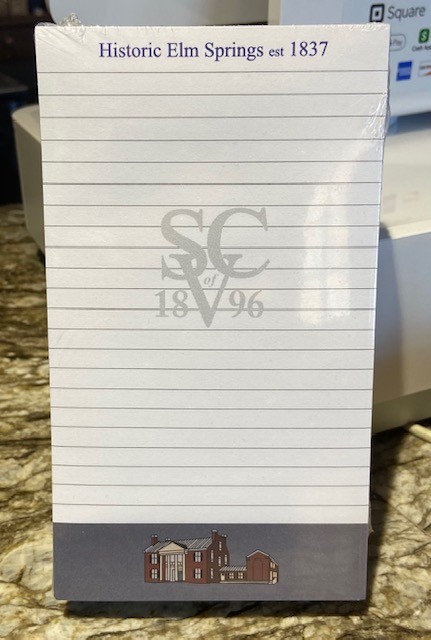-
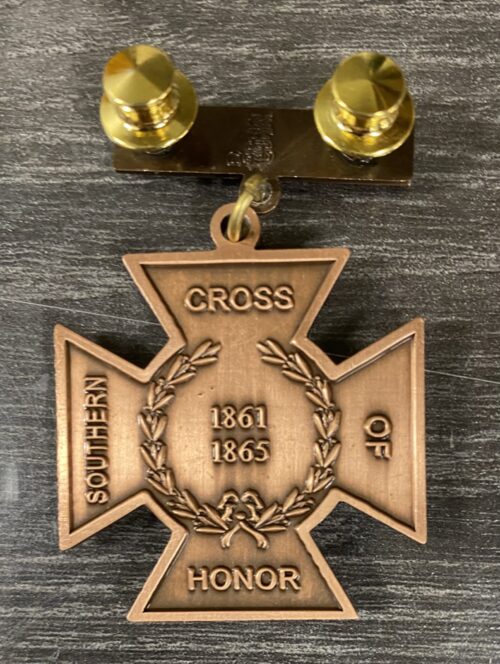
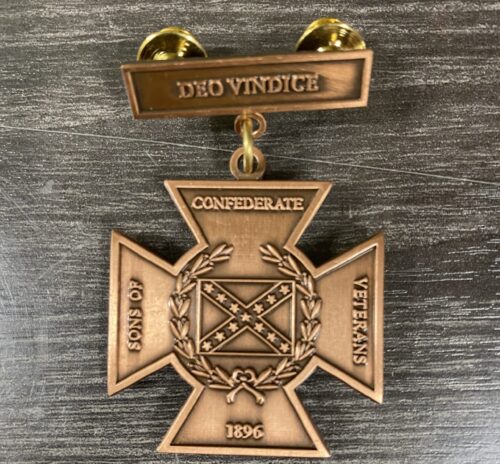 The SCV Southern Cross of Honor is the SCV’s first ever memorial medal. It has its roots in the original Southern Cross of Honor medals that were given by the UDC to Confederate Veterans from 1900 thru the 1930s. The UDC’s cross has been reimaged to reflect the SCV’s issuance while maintaining the character of the original that was cherished by the Veterans who received them. These medals are made of heavy gauge, antiqued copper metal in the US by Robert Snead of Heritage Specialties. Perfect for wear to memorial services, reunions, banquets and other gatherings.
The SCV Southern Cross of Honor is the SCV’s first ever memorial medal. It has its roots in the original Southern Cross of Honor medals that were given by the UDC to Confederate Veterans from 1900 thru the 1930s. The UDC’s cross has been reimaged to reflect the SCV’s issuance while maintaining the character of the original that was cherished by the Veterans who received them. These medals are made of heavy gauge, antiqued copper metal in the US by Robert Snead of Heritage Specialties. Perfect for wear to memorial services, reunions, banquets and other gatherings.


